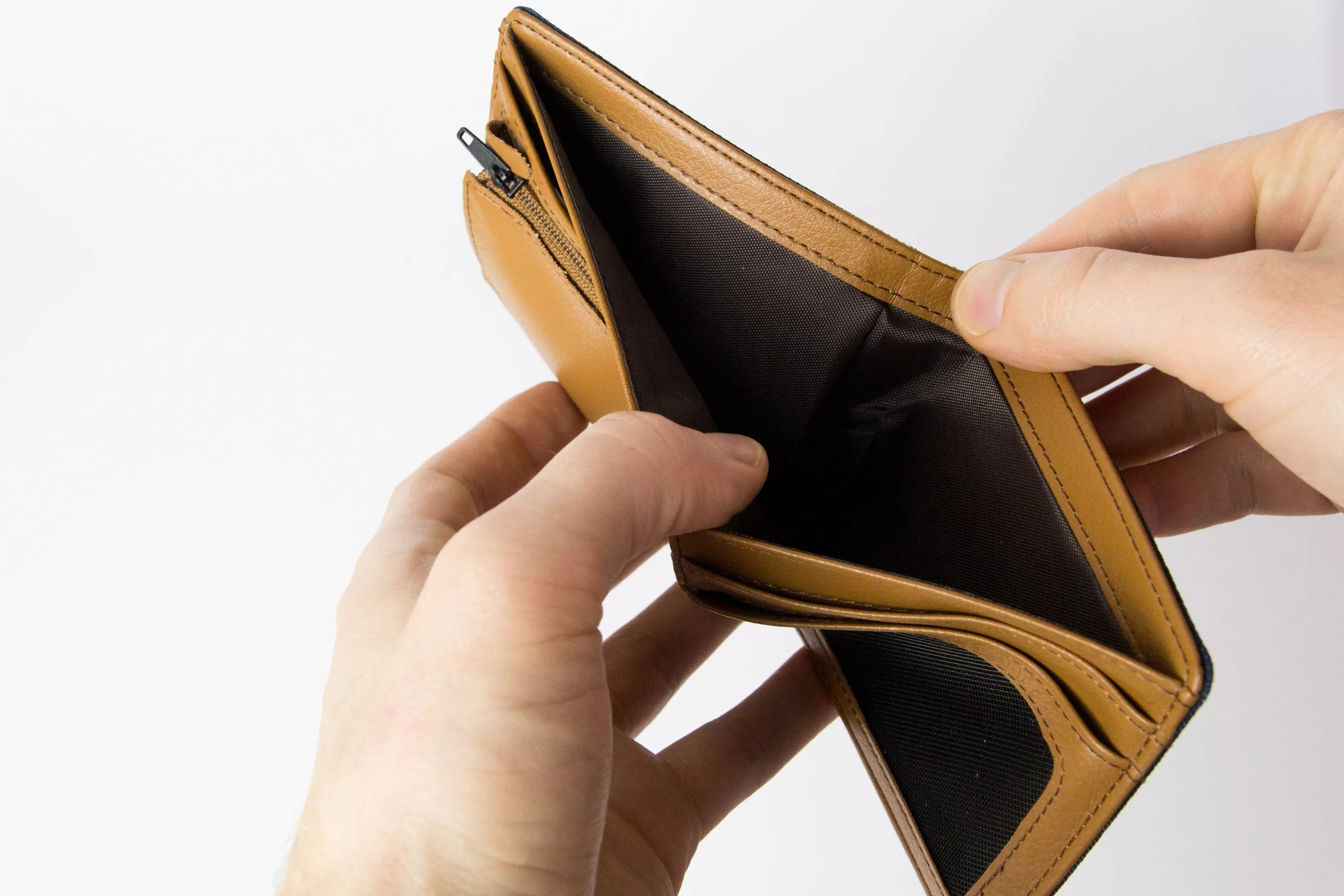
Marco Verch/Flickr

Audio By Carbonatix
The City of Denver has issued fines to 36 rental properties that still haven’t begun the process of getting a residential rental license after being told two months ago that they were out of legal compliance.
Each of the 36 landlords that didn’t heed that warning now owes an administrative penalty of $150 – marking the first time in city history that a punishment has been handed out for unlicensed rental properties.
If they don’t begin the licensing process within two weeks, the fine jumps to $500.
After that, those that go another two weeks without working toward a license will catch a $999 fine. That boosted penalty can then be issued daily – but the Department of Excise & Licenses, which is in charge of the program, says it hopes landlords don’t ever actually reach that point.
On February 22, Excise & License issued notices of violation to 145 properties, but only wound up giving out 36 fines over two days, May 8 and 9. The first wave of notices – which were a warning to the landlords that they were not in compliance – primarily targeted properties that were the focus of current or previous complaints filed with the Denver Department of Public Health & Environment.
According to Eric Escudero, communications director for Excise & Licenses, the department had expected to have to issue more fines, but there were “a lot of last-minute efforts by some landlords in Denver to get in compliance right before they were scheduled to get a citation.”
The other landlords who were given the violation notices must follow suit.
“If they don’t take action soon to begin the process, there will be many more citations and fines issued,” Escudero warns.
Melissa Mejía, head of state and local policy for the Community Economic Defense Project – which launched at the beginning of the pandemic to help people facing eviction during that time – says enforcement of the rental licenses is key.
“If enforced properly, Denver’s rental licensing program could help eliminate slumlords and ensure that there is a standard of acceptable living conditions for tenants,” she says. “Every renter in our city deserves a home that is safe for their family to live in.”
The license is required by the Healthy Residential Rentals for All ordinance, passed by Denver City Council in May 2021. It is an attempt to level the playing field between renters and landlords. The city doesn’t have an official count of rental properties, but expects there to eventually be about 25,000 multi-unit properties and another 25,000 single-unit properties receiving licenses.
Multi-unit residences had to do so by January 1, and the city is in the process of identifying those that haven’t to inform them they need to. It is doing this through DDPHE complaints, as well as an online service that scrapes the internet for ads for rental properties that may require a license.
Fines are only issued for those that have been informed and still don’t take action, Escudero says.
“The pace of applications received by the city has really picked up steam in recent months,” he notes.
In October 2022, Excise & Licenses received only 248 applications. Since then, it has streamlined the process, and received 303 applications this month and 908 in April, marking the highest number of applications per month yet – with the exception of December 2022, when landlords rushed to get in compliance before the deadline and submitted 1,641 applications.
To get a license, properties must pass an inspection showing that they meet the city’s minimum housing requirements, such as having working heat, running water, fire-safety measures, proper electrical wiring and sufficient egress.
Early on in the process, there were not a lot of inspectors qualified to conduct that work, but now there are 45, and a May 11 bulletin issued by Excise & Licenses notes, “Inspectors have told the Department of Excise & Licenses that there is not a backlog to schedule and conduct inspections.”
The city has issued 5,910 residential rental licenses, and there are another 424 pending as of May 11. Of those, 3,917 are for multi-unit properties.
Escudero says that the city is tending to applications quickly, with 68 percent processed within a week and 91 percent processed within thirty days. There are currently 120,000 units in licensed multi-unit properties.
“This is already the largest upgrade in residential rental living standards in the history of Denver,” he noted.
Excise & Licenses expects that within the next sixty days, residential rental licenses will make up the largest business license in Denver by volume. They are currently second behind security guards at 6,768.
Landlords must pay $50 for the initial application, as well as a license fee based on a property’s number of units. Those fees are $50 for a single-dwelling unit, $100 for two to ten units, $250 for eleven to fifty units, $350 for 51 to 250 units, and $500 for 251 or more units. There is a fee exception for affordable- or public-housing properties, and each license lasts four years.
Landlords of single-unit rental properties are not required to obtain a license until January 1, 2024, and those who apply before the deadline will get a $25 discount on their application fee.
But for multi-unit landlords without licenses, more fines are in the works.
“Since February, the Department of Excise & Licenses has issued more than 1,000 notices of violation to landlords identified with a property not in compliance with Denver law,” reads the Excise & Licenses bulletin. “City investigators continue to identify additional unlicensed properties and issue new notices of violation on a daily basis.”
Tenants experiencing problems at their apartments can call 311 to file a report. Renters can also check their address in the city’s Permitting and Licensing Center to see if the property is licensed or has a pending application. If not, they can contact Excise & Licenses.